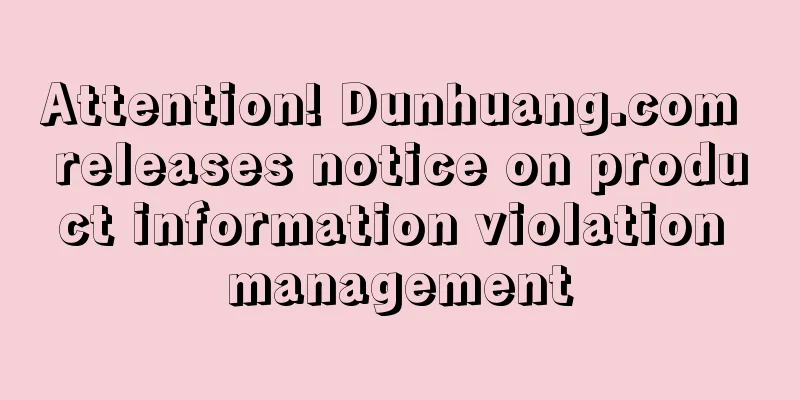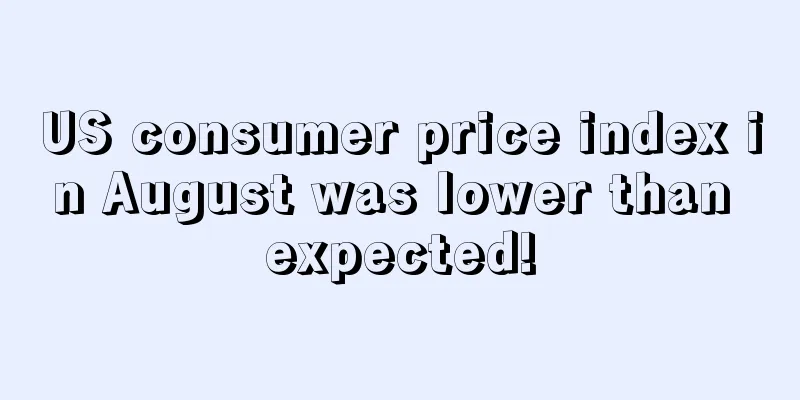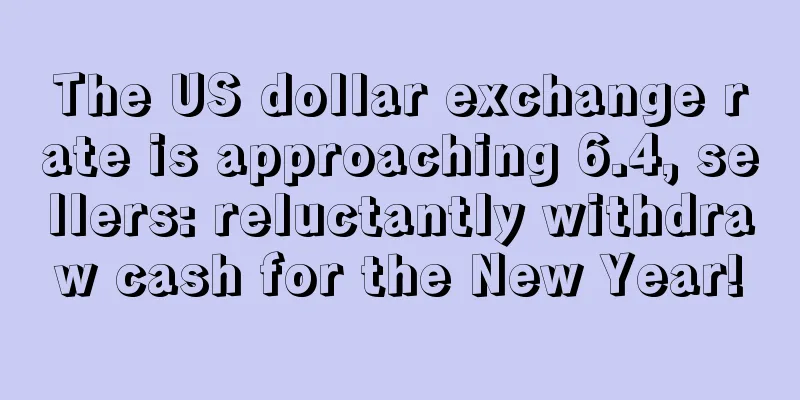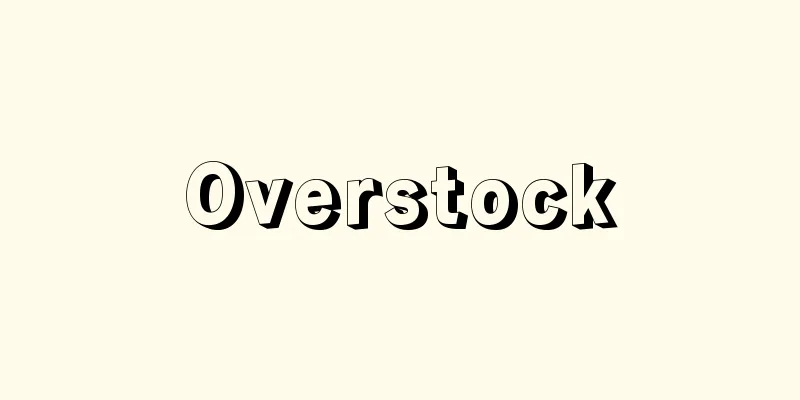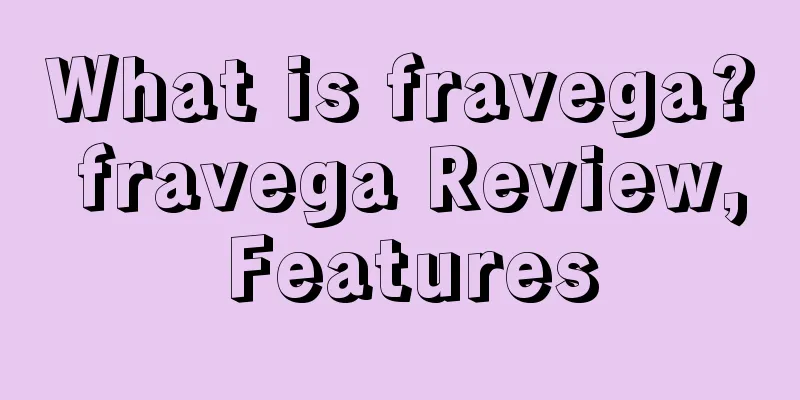The US CPSC is strictly enforcing magnetic products, about one-third of which involve children's toys!
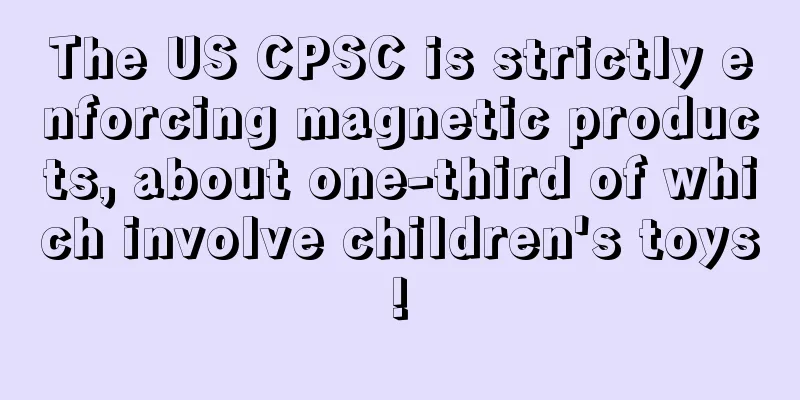
|
During the peak sales season, it is believed that many sellers will sell products with magnets, and magnet-related products are also one of the "frequent customers" of the US Consumer Product Safety Commission (CPSC) recall. Recently, the international law firm Crowell & Moring summarized and analyzed the CPSC recall of magnet products in the past 20 years. Sellers can pay more attention.
Statistics show that since 1998, CPSC has conducted at least 58 product recalls involving magnets, 56 of which occurred after 2005. Over the years, a wide variety of products have been involved with magnets. About a third of the recalls involved children's toys, including magnetic puzzles and tic-tac-toe games, magnetic dart boards, and dolls and action figures with magnetic accessories. About 28% of the recalls were for actual magnets, both individual magnets and sets of magnets; 14% were for magnetic building sets; and the remaining magnet-related recalls were for a variety of other products, such as children's school supplies, children's clothing, children's bike helmets, science kits, dry-erase boards, travel mugs with magnetic lids, and more. More than two-thirds of the recalls involved hazards caused by children and adolescents ingesting small magnets. Crowell & Moring said that when people swallow multiple magnets, the magnets can connect together in the human intestine and clamp a part of the body, causing intestinal obstruction, perforation, sepsis, and even death; young children can also choke if they swallow single or multiple magnets.
Other recalls are because the magnets in the products pose other risks of injury. Last year, a travel mug with a magnetic lid was recalled because the magnetic slider on the lid could pop out, posing a burn hazard to consumers. And a flashlight recall in 2006 was because the magnets in the flashlights could be strong enough to damage the implanted defibrillators of heart patients. In addition, magnet products often contain high levels of lead, which also requires recalls. The CPSC began closely monitoring products involving magnets in 2007, and in 2014, it issued a mandatory federal safety standard for magnets or magnet groups. However, the rule was eventually overturned by a federal court and removed from federal regulations. Despite this, the CPSC continues to monitor and recall high-power magnets. Since there are no specific regulations, sellers should be extra careful when selling related products and avoid using high-power magnets. USA Magnet products recall |
<<: Has the impact of the epidemic been amplified? American e-commerce has been developing steadily
>>: Wildberries’ popularity index in the Russian e-commerce market is 83%.
Recommend
The American moving wave is coming, and peripheral products will sell well!
Market research firm NPD Group said in a recent b...
Save 30% of costs, increase employee efficiency by 100%... "One trick" will make sellers' performance soar!
Services and products themselves are important so...
Big news! TikTok Shop releases 2025 strategy: a new guide to content e-commerce growth
Content e-commerce has ignited global cross-borde...
What is Meiyu? Meiyu Review, Features
Meiyu (Dalian Meiyu International Trade Co., Ltd.)...
Russian environmentally friendly products are hot, and Lamoda, an e-commerce company, has sold 420,000 yuan in two months
According to Russian media reports on the 3rd, th...
What is proyee? proyee Review, Features
Proyee's main general business projects are es...
Strikes broke out in many places in Brazil to protest against rising prices!
Under the influence of the global environment, ma...
What is SGS certification agency? SGS certification agency Review, Features
SGS certification agency is a service provided by...
What is dポイントクラブ? dポイントクラブReview, Features
D POINT CLUB is a points program that anyone can j...
Substantially reduce freight costs! The results of the China-Europe Express "Freight Segment Settlement" reform experiment will be promoted nationwide
Recently, the Office of the Inter-ministerial Joi...
“Buy now, pay later” is attracting a large number of African consumers
Affected by the epidemic, at a time when global e...
The scale of another e-commerce market is about to exceed one trillion!
As competition in the European and American marke...
What is Rogue? Rogue Review, Features
Rogue is a leading manufacturer of strength and co...
UK online retail sales fall 4.7% in June
Recently, the UK Office for National Statistics (...
More than 3,000 bicycle accessories were recalled and were sold on Amazon
During the epidemic, outdoor cycling has been pop...


